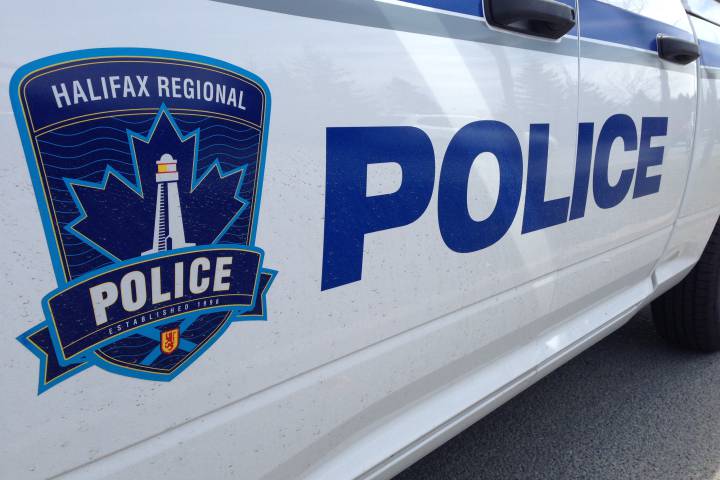Halifax police are asking the public to tell the truth about possible exposure to COVID-19.

Given the current circumstances first responders are now asking people, both at the dispatch level and then again in person, questions related to COVID-19 exposures.
READ MORE: N.B. man arrested for coughing in someone’s face ‘while feeling ill:’ police
“They may ask have you travelled, are you experiencing symptoms, those common questions,” said Halifax Regional Police spokesperson Const. John MacLeod.
But in recent weeks, some officers have been reporting that people are falsely claiming to have been exposed to the virus.
“It certainly is not the time to joke around about something like this,” said MacLeod.
“Even in jest, it requires us to take elevated steps to make sure everyone is safe.”
Those steps include forcing officers to self-isolate if they were possibly exposed, until they can verify whether or not it’s true and if the officers were at risk.
“Officers have been delayed for a number of days in relation to this,” said MacLeod, adding that it can put a strain on resources as they need to find others to replace those in self-isolation.
MacLeod also says it’s important for people to be honest in the other direction. If someone has been exposed or has symptoms, they must alert first responders as soon as possible.
All first responders, including officers, have masks, gloves and other personal equipment they can use if need be, but they need to know.
In Newfoundland, the provincial health minister has said that four paramedic teams are self-isolating after responding to calls where they were potentially exposed to the virus without being alerted ahead of time.
So far, MacLeod says that hasn’t happened to any police officers in Halifax, but he says it is important people understand the value of honesty in this situation.

Get weekly health news
“We’re trying to do our part with the rest of the community and the health authority and the other community partners to let folks know what we can do to help further prevent the exposure of this COVID-19 virus,” said MacLeod.
Questions about COVID-19? Here are some things you need to know:
Health officials caution against all international travel. Returning travellers are legally obligated to self-isolate for 14 days, beginning March 26, in case they develop symptoms and to prevent spreading the virus to others. Some provinces and territories have also implemented additional recommendations or enforcement measures to ensure those returning to the area self-isolate.
Symptoms can include fever, cough and difficulty breathing — very similar to a cold or flu. Some people can develop a more severe illness. People most at risk of this include older adults and people with severe chronic medical conditions like heart, lung or kidney disease. If you develop symptoms, contact public health authorities.
To prevent the virus from spreading, experts recommend frequent handwashing and coughing into your sleeve. They also recommend minimizing contact with others, staying home as much as possible and maintaining a distance of two metres from other people if you go out.
For full COVID-19 coverage from Global News, click here.









Comments
Comments closed.
Due to the sensitive and/or legal subject matter of some of the content on globalnews.ca, we reserve the ability to disable comments from time to time.
Please see our Commenting Policy for more.